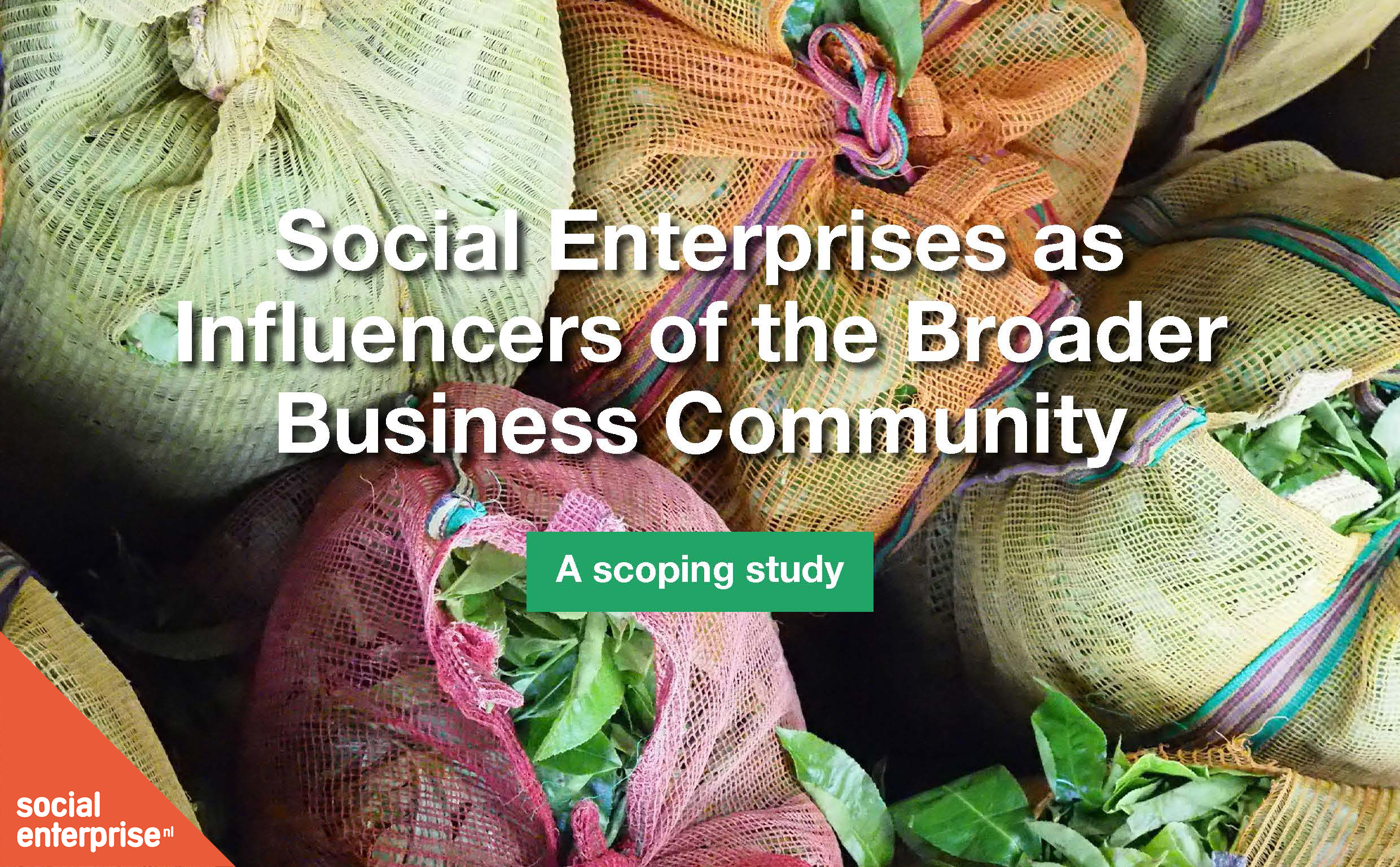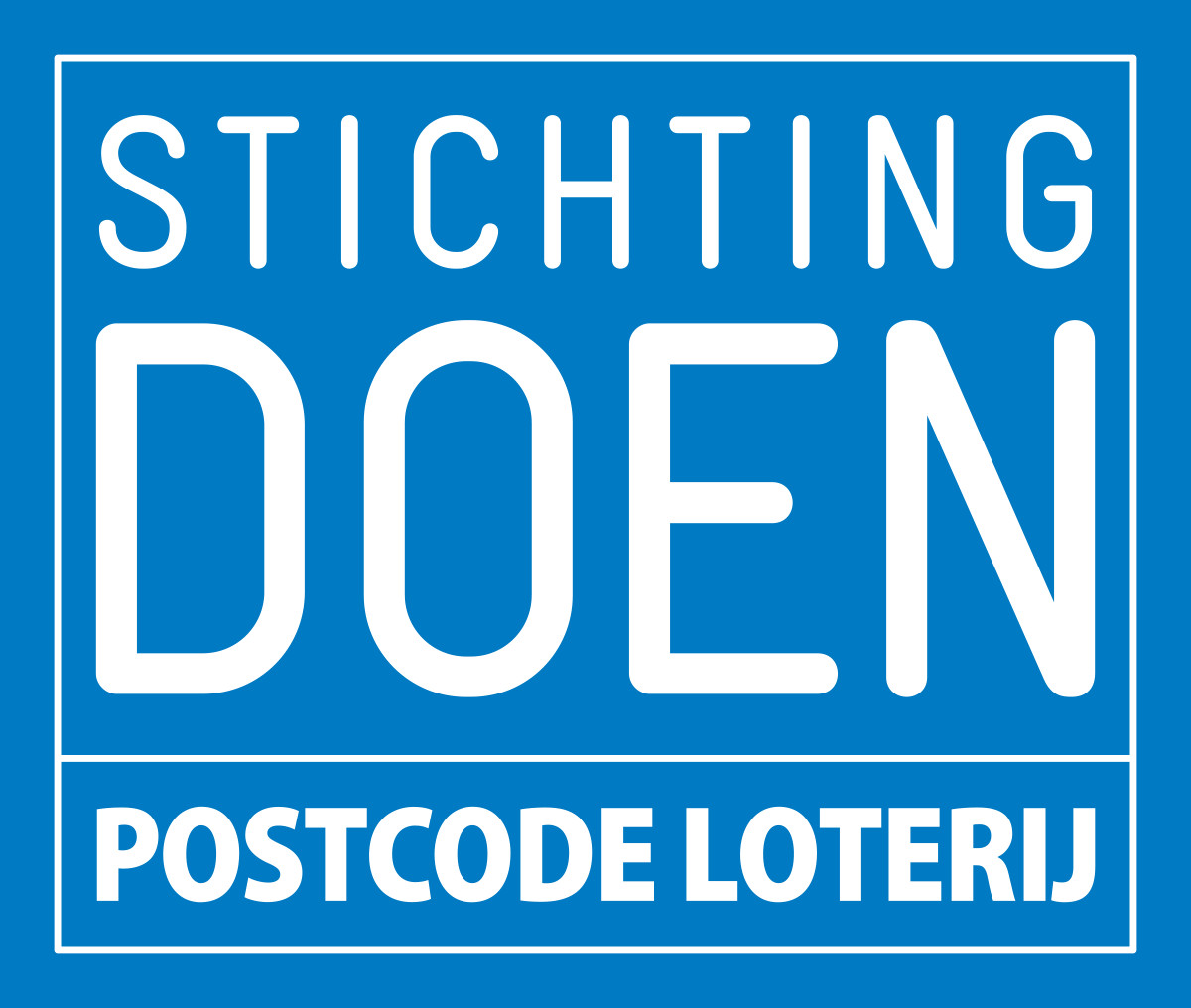Social enterprises – companies with an impact first mission – play a crucial role in the transition towards a more sustainable economy. Although many social…

Publication research report ‘Social Enterprises as Influencers of the Broader Business Community’
Social enterprises – companies with an impact first mission – play a crucial role in the transition towards a more sustainable economy. Although many social enterprises are small as compared to large industry leaders, transition theory shows that small, ‘niche actors’ are of crucial importance in accelerating transitions. Social enterprises lead by example and inspire others to come along in the sustainability transition. In fact, the Social Enterprise Monitor 2020 showed that 96% of Dutch social enterprises aims to actively influence other organisations to act more sustainably.
To understand better how this influencing role works, Social Enterprise NL has conducted an important study on the ways social enterprises can influence the broader business community. On the basis of thorough academic literature research and case studies from the field, Social Enterprise NL presents an ‘Influencing model’. This model shows that social enterprises can influence in three main ways:
1. ‘Raising the possible’ (showing that it is possible to do business sustainably),
2. ‘Raising the desirable’ (showing that it is desirable to do business sustainably),
3. ‘Raising the acceptable’ (showing that it is unacceptable not to do business sustainably).
In practice
The ‘model of influencing’ then describes eleven ‘influencing activities’: concrete strategies that social enterprises employ to influence. Different inspiring examples from the Dutch social enterprise sector illustrate these activities. For example, social enterprise Tony’s Chocolonely shows that it is possible to make fair chocolate and stimulates other chocolate-making companies to copy their methods through their Tony’s Open Chain platform. Albert Heijn, the largest retailer in the Netherlands, followed the example and became an official ‘mission ally’ for its private label chocolate brand Delicata.
Another example shows that social enterprise Frank about tea published an ‘Open letter to the CEO of Unilever’ in the Dutch Financial Times. With this action the social enterprise actively raises awareness about the inequalities in the tea sector amongst consumers and professionals, stimulating them to hold companies accountable for their responsibility in the chain.
Social enterprises can also contribute to raising official standards, such as voluntary industry agreements, certifications and even legislation, thereby making it unacceptable not to do business sustainably. For instance, social enterprise Fairphone brings together major industry players in the Fair Cobalt Alliance to jointly improve the conditions in which cobalt is mined in the Democratic Republic of Congo.
Research
This research shows that social enterprises – often relatively small players in their industries – can play a crucial role in the transition to a new economy. The results provide concrete tools to help social and other innovative companies from around the world accelerate the sustainability transitions in their industries through influencing.
Do you want to know more, or do you have ideas for future projects? Let us know!
The research report: ‘Social Enterprises as Influencers of the Broader Business Community’.


